The 14th
LaureateMusic
Dietrich
Fischer-Dieskau
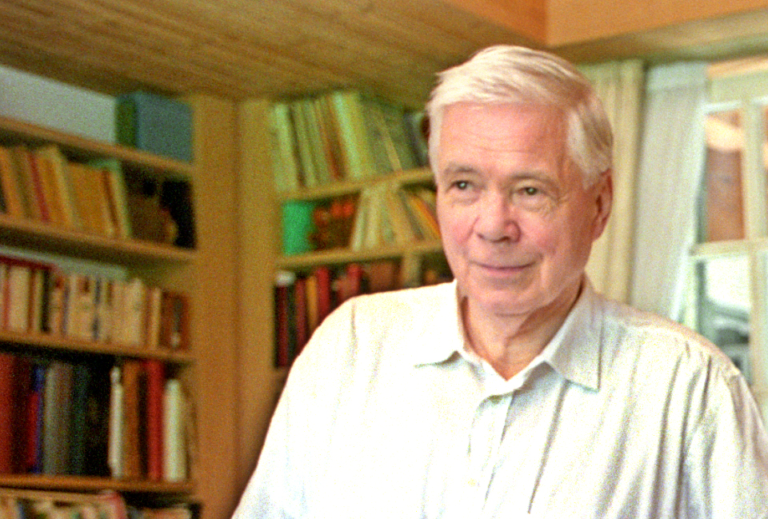
Dietrich Fischer-Dieskau was born in Berlin in 1925. For most of his career,he divided his time fairly equally between opera and concerts. He sang Verdi and Puccini roles as readily as Mozart,Strauss and Wagner,and sang in many contemporary operas as well. Although probably most well known for his performances of traditional lieder,Fischer-Dieskau's dedicated commitment to contemporary music is noteworthy. He participated in the first performances of works by Benjamin Britten,Samuel Barber,Hans Werner Henze,Ernst Krenek,Witold Lutoslawski,Siegfried Matthus,Winfried Zillig,Gottfried von Einem. The precisely articulated accuracy of his performances,in which text and music are presented as equal partners,established standards that endure today. He is considered one of the most influential musicians of the 20th century.
Biography
Dietrich Fischer-Dieskau was born in Berlin in 1925. He learned to play the piano from his mother and continued to study piano throughout his school years. He started singing as a child and began formal voice lessons at sixteen. In 1945,he was captured in Italy and spent two years as a prisoner of war. Even during this time he somehow continued his musical studies.
Fischer-Dieskau’s professional career as a singer began in 1947 in Badenweiler when he sang Brahm’s German Requiem,without any rehearsal as a last-minute substitute for a singer who could not perform. He gave his first lieder recital in Leipzig in the fall of the same year,and followed it soon afterward with a highly successful first concert at Berlin's Titania-Palace. He garnered great critical acclaim for his interpretations and for the almost infinite variety of colors and shadings in his voice.
For most of his career,Fischer-Dieskau divided his time fairly equally between opera and concerts,and sang a great variety of opera roles on the stage. His opera career spanned from 1948 to 1983 and was centered mainly at the Deutsche Oper in Berlin and at the Bayerische Staatsoper in Munich. He sang Verdi and Puccini's roles as readily as he did Mozart,Strauss and Wagner’s,and sang in many contemporary operas as well,including leading roles in Henze's Elegy for Young Lovers and Reimann's Lear. Fischer-Dieskau's dedicated commitment to contemporary music is noteworthy,and led also to his participation in the first performances of works by many other composers,including Benjamin Britten,Samuel Barber,Ernst Krenek,Witold Lutoslawski,Siegfried Matthus,Winfried Zillig,Gottfried von Einem.
Fischer-Dieskau sang regularly at the summer festivals in Bayreuth and Salzburg(he made his Salzburg concert debut in 1951 with Mahler's Songs of a Wayfarer under Wilhelm Furtwangler); had guest engagements in Vienna,London and Hamburg; and appeared in opera with the Deutsche Oper Berlin on its early visits to Japan. The precisely articulated accuracy of his performances,in which text and music are presented as equal partners,established standards that endure today.
Dietrich Fischer-Dieskau is considered one of the most influential musicians of the 20th century. Since his retirement in 1992,he has been active as a teacher,conductor,and author.
Chronology
First public recital with Schubert's Winterreise
-
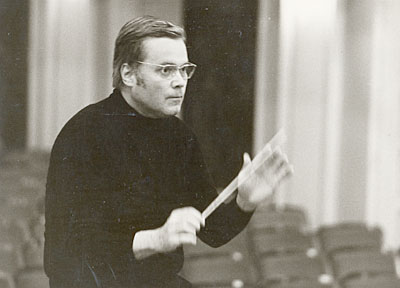
As a conductor in 1970
-
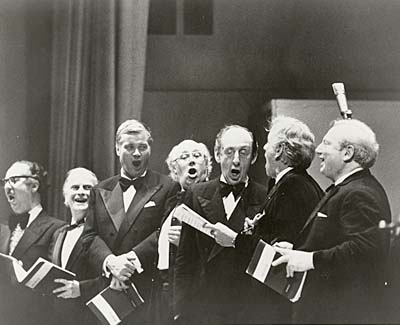
At the 85th anniversary concert
-
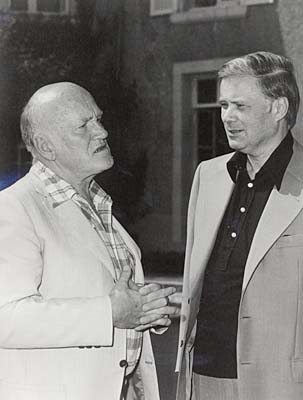
The Tour with Sviatoslav Richter in 1977
-
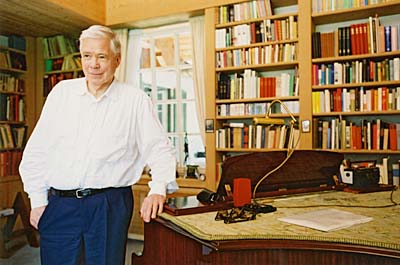
At the villa near Lake Starnberg
-
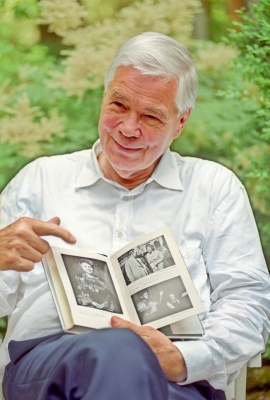
At the villa near Lake Starnberg
-
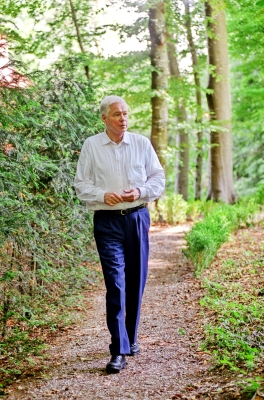
At the villa near Lake Starnberg

